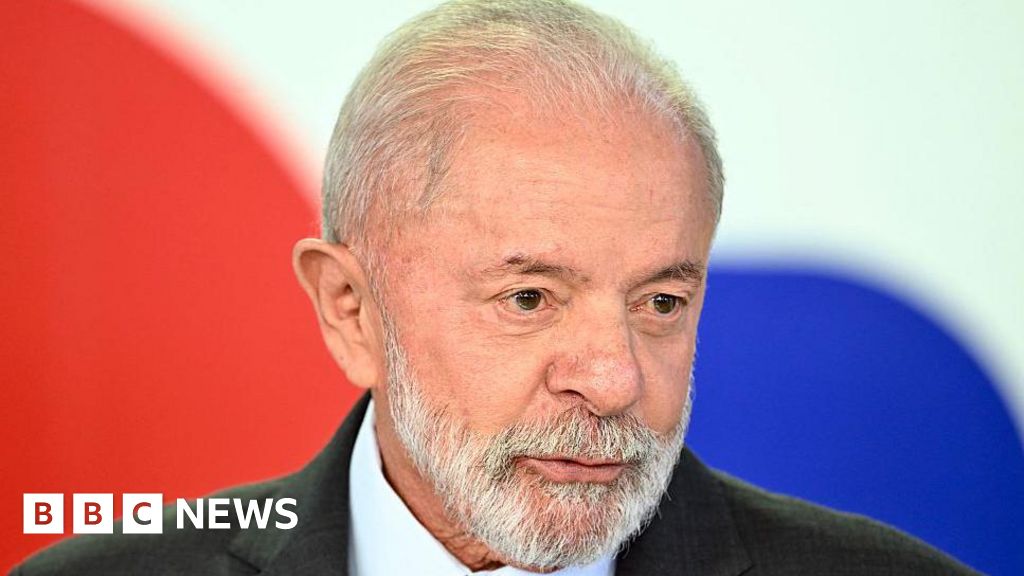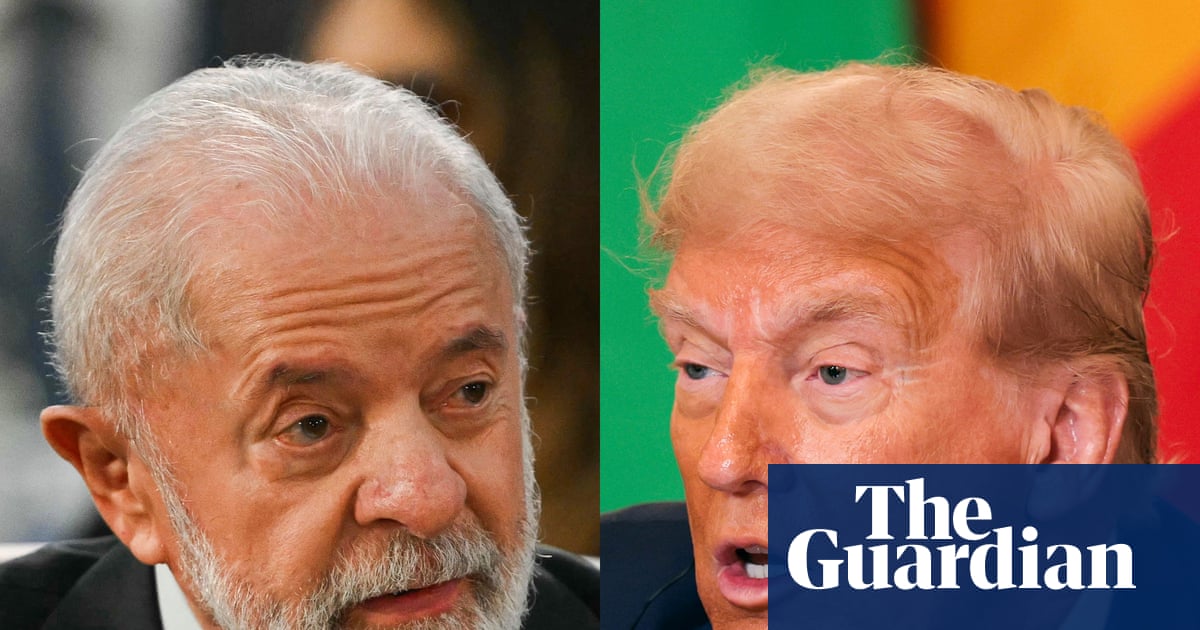Brazilian President Lula Urges Trump to Lift Tariffs Amid Positive Bilateral Talks
Brazilian President Lula urged U.S. President Trump to lift a 40% tariff on Brazilian imports. The leaders established direct communication and plan future meetings to discuss trade.
Subscribe to unlock this story
We really don't like cutting you off, but you've reached your monthly limit. At just $5/month, subscriptions are how we keep this project going. Start your free 7-day trial today!
Get StartedHave an account? Sign in
Overview
- The Trump administration imposed a 40% tariff on Brazilian products in July, citing Brazil's policies and the criminal prosecution of former President Jair Bolsonaro as an economic emergency.
- Brazilian President Lula has formally requested U.S. President Trump lift the 40% tariff on Brazilian imports, highlighting Brazil's trade surplus with the U.S. among G20 countries.
- President Trump and President Lula recently held a "friendly" 30-minute call, primarily focusing on economy and trade, where they exchanged phone numbers for direct communication.
- Lula offered to meet Trump in Washington and invited him to the upcoming climate summit in Belem, with both leaders planning further discussions on tariffs and other issues.
- Brazilian officials described the call as positive, expressing optimism about future talks, indicating a developing friendly relationship and excellent chemistry between the two presidents.
Report issue

Read both sides in 5 minutes each day
Analysis
Center-leaning sources cover this story neutrally, focusing on factual reporting of the phone call between Trump and Lula. They present both leaders' statements and the historical context of the tariffs without editorializing or using loaded language, allowing readers to form their own conclusions based on the reported information.
Articles (6)
Center (3)
FAQ
The U.S. imposed a 40% tariff on Brazilian imports citing Brazil's economic policies, alleged attacks on free elections and free speech, and the criminal prosecution of former Brazilian President Jair Bolsonaro as a national emergency that threatened U.S. interests.
In response to the higher U.S. tariffs, Brazil has prepared legal frameworks for potential trade retaliation and enacted new rules to defend its trade interests, signaling readiness to retaliate against the tariff increase.
President Lula and President Trump had a friendly 30-minute phone call focusing on economy and trade, exchanged contact information for direct communication, and planned future meetings to continue discussions on tariffs and other bilateral issues, indicating improved relations.
Brazil maintains a trade surplus with the U.S. among G20 countries, exporting significant goods such as coffee, and overall trade between the two countries has increased, with Brazil exporting $3.71 billion to the U.S. in July 2025, representing a 3.8% increase over the previous year.
The U.S.-Brazil trade tensions are influenced by political developments, including the prosecution of former Brazilian President Jair Bolsonaro for alleged coup plotting, concerns about judicial actions in Brazil affecting digital trade and free speech, and shifts in U.S. policy from benign neglect to more confrontational approaches involving sanctions and tariffs.
History
- This story does not have any previous versions.





